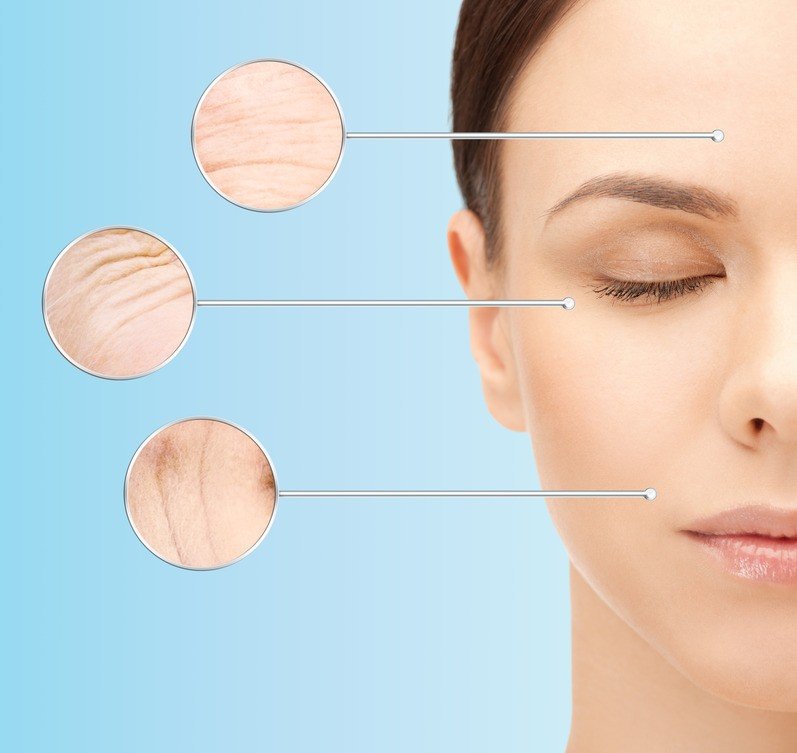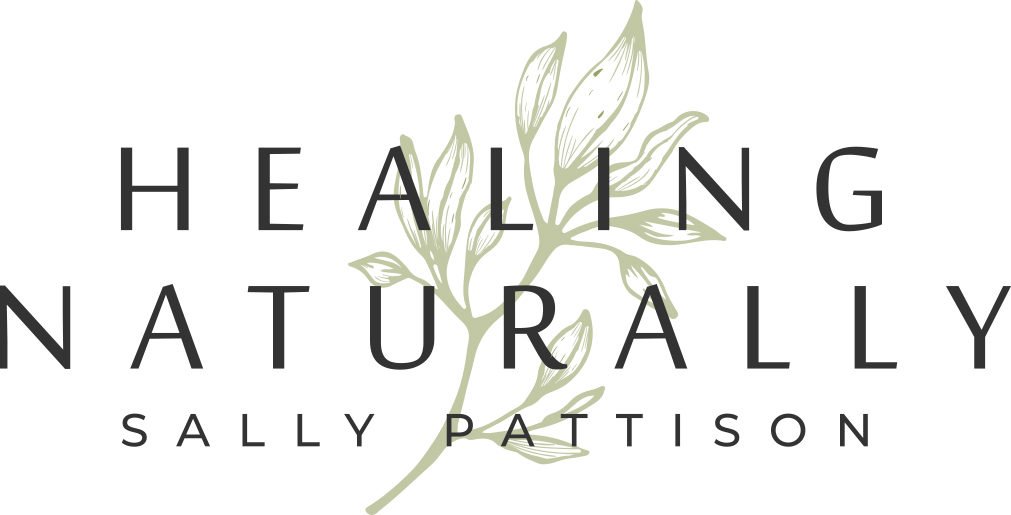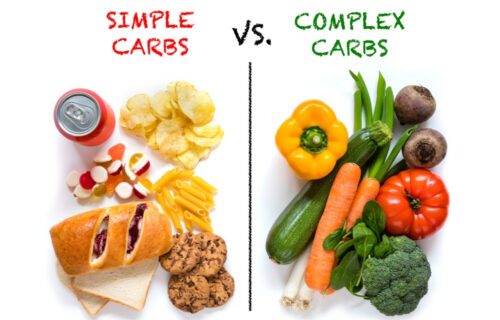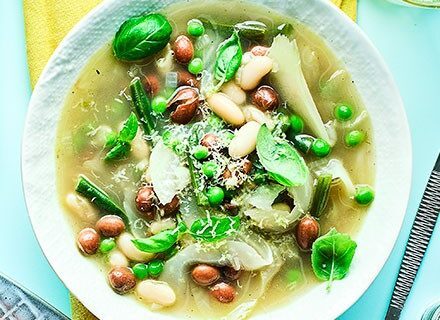
Collagen or Bone Broth?
What’s the Difference Between Bone Broth and Collagen Peptides?
Bone broth, or collagen? THAT is the question. Bone broth has collagen. So, collagen is bone broth? No, but both of them have become very popular in the wellness scene recently, and are often used interchangeably.
The key differences are in the nutrient-profile and how they’re made.
- But is taking a collagen supplement the same thing as drinking bone broth?
- Do bone broth and collagen offer the same benefits?
- Which one is better?
- Or should you take both?
I will talk a little about the difference between bone broth and collagen peptides, powders, and supplements.
You may want to take a look at the previous post all about bone broth.
Both help support healthy connective tissues throughout the body, as well as a healthy gut function and healthy skin. The key difference is that bone broth features collagen, but collagen does not always feature bone broth.
NUTRIENT PROFILE
Bone broth is rich in a variety of tissue-supporting amino acids, but those in bone broth come specifically from the bones (you can find a recipe here) and connective tissues of the animals. Bone broth also contains minerals such as magnesium, phosphorus, potassium, calcium, manganese, zinc and sodium.
Contrary to popular belief, bone broth does not contain collagen peptides.
Although it does contain a wide variety of collagen-specific amino acids in the form of gelatin (the precursor to collagen peptides). However, as stated
in this study here, bone broth is unlikely to provide reliable concentrations of collagen compared with supplemental sources of collagen. So while bone broth has some wonderful qualities, don’t assume it is providing you with the source of collagen you might be after.
Collagen or collagen peptides on the other hand, are a much more focused substance that contains only collagen peptides, in a significantly more bioavailable form. Because of the smaller size of the molecules compared to gelatin, collagen peptides are easier for the body to absorb, and use, than gelatin in its natural state. It is also a much more concentrated form of collagen. You would have to drink a lot of gelatin-rich bone broth to get the collagen that you do in a 10 gram serving of collagen peptides. Collagen powders and supplements have a measured amount of collagen per serving, whereas the amount in bone broth is variable.
In saying that some people prefer the food source of nutrients instead of the processed form?
So, bone broth = gelatin (amino acids that make up collagen) + minerals + chondroitin + hyaluronic acid from bones.
Collagen peptides = concentrated collagen from different parts of the body (usually hide) with high protein concentration.
Confused?
Want to understand more?
What Is Collagen?
Collagen is a type of structural protein that makes up approximately 30% of all the proteins in the human body.
It literally helps to hold the body together (acting as an internal “glue”) by forming connective tissues found all over, including tendons, ligaments, bones and more. Thanks to the presence of collagen in our bodies, we are able to create and maintain the health of our hair, skin, nails, bones and organs, as well the linings of our gastrointestinal tracts.
Collagen is the most abundant protein in the body.
It’s made up of a combination of amino acids; primarily, glycine, proline,
hydroxyproline, and arginine. It’s this specific combination of these four
amino acids that makes collagen so special.
While other protein sources like meat, fish and eggs also provide these amino acids, collagen generally has higher levels. This is a key reason that collagen stands out among other foods with protein, and even other protein powders.
You cannot find this combination of amino acids, in this concentration, in ANY other protein source.
When you use collagen supplements, rather than getting it from whole food sources such as bone broth, then you’re consuming what’s called “collagen peptides.” It is a source of protein that’s available in powder form (which can be mixed with liquid) and capsule form.
When a product is referred to as “hydrolyzed collagen,” this means that the
collagen has already been broken down into smaller, easy-to-digest particles.
These four key amino acids help give structure to our hair, skin, nails, bones, ligaments, tendons and gut lining. They make our muscles grow, our bodies flexible, our skin tight and plump, and our hair shiny.
Collagen makes up to 70% of the protein within our skin, helping it stay toned and supple.
Is it like ‘The Fountain of Youth?’ When we’re young collagen production is at its peak. Unfortunately, as we get older – after the age of 30 to be exact – our body’s collagen production starts to fall.
You may have already noticed your skin looking drier? A few more lines and wrinkles? Do you here your joints popping and clicking more than they used to??
Research shows that by consuming collagen protein, you can help make up for what your body lacks.
There are two ways that you can supplement with collagen: collagen “peptides,” which come in a multitude of forms, most commonly capsules and powders, or, the whole-food form of collagen: bone broth.
What Is Bone Broth?
Bone broth is a traditional type of stock that is made by slow-simmering animal bones in water, sometimes along with chicken feet, joint tissue, cartilage, vegetables and herbs.
It isn’t your typical stock that is made with meat or fish, but instead is prepared with bones (hence the name!) that inherently features collagen peptides.
Does bone broth have collagen?
Yes! Bone broth is a whole food source of collagen, plus it provides other nutrients.
When made into a powdered supplement, Bone Broth Protein is derived from the bone broth liquid. It’s dehydrated to remove water/liquid and then processed and made into a concentrated powder that is shelf-stable, convenient and has many uses.
HOW IS BONE BROTH DIFFERENT FROM COLLAGEN PEPTIDES?
There are several ways that bone broth differs from collagen peptides…
Only Bones or Hide
As stated above, when prepared correctly bone broth is made from animal bones. And JUST bones (plus some chicken feet, joint tissue, and cartilage if you’re making it correctly). Collagen peptides, on the other hand, are made from animal hides, or, skins, which results in a different collagen profile as well as overall nutrient content.
Degree of Processing
Making powdered collagen peptides involves multiple stages of processing. Traditionally-made bone broth only undergoes one process: slow simmering bones in water for 18-48 hours.
Bioavailable Collagen
Some believe that the human body evolved eating food and, as a result, is more able to recognize, digest, and use nutrients contained in food.
WHICH ONE IS BETTER?
Research shows that using simple collagen peptides does work for achieving the targeted results of collagen, such as reducing wrinkles and strengthening and thickening your hair, skin, and nails.
Bone broth, on the other hand, is more of an all-inclusive source providing a multitude of nutrients that support gut health, brain health, joint & bone health, and immunity, in addition to strengthening your hair, skin and nails.
You also don’t have to decide between one or the other as they have different uses.
Collagen peptides or powdered gelatin can be used in baking to add a chewy, gummy texture to cookies and make homemade collagen gummies.
Bone broth can be used to make, well, just about anything – from soups to casseroles, from making a mash to cooking rice or quinoa.
Bone Broth vs. Collagen
Collagen powder can be extracted from bovine hides, egg shells and other sources, while bone broth powder is typically made from bones, ligaments, tendons, (chicken or beef) etc.
Collagen type II also inherently features glucosamine, chondroitin and hyaluronic acid.
Hydrolyzed collagen is often preferred as can be easy to digest and recommended for those looking to support gut health.
Which One Should I Take?
One isn’t necessarily better than the other — it all depends on the taste you prefer, how you plan to use it and your goals.
The factors include
- Convenience
- Cost
- Objectives
- Versatility
- Dosing
Take Aways
- Bone broth is a whole food source of collagen.
- Bone broth is a traditional type of stock that is made by slow-simmering animal bones, ligaments, tendons, etc., in water, which releases not only collagen but also other important nutrients.
- Collagen is a type of structural protein that makes up approximately 30 percent of all the proteins in the human body. You can get collagen from drinking bone broth or from taking collagen supplements.
- Both collagen and bone broth can help to support skin, joint and gut health, including leaky gut.
- At least 28 types of collagen have been identified so far, but
there are certain types of collagen that you’ll most often find in supplements due to their desirable benefits.
When our immune system is needing support, or your overall health needs a boost, bone broth is a worthy tonic. When you are looking specifically for targeted support of skin, hair, gut or bone and joints, a collagen peptide supplement is your best bet since it is more concentrated and bioavailable.



